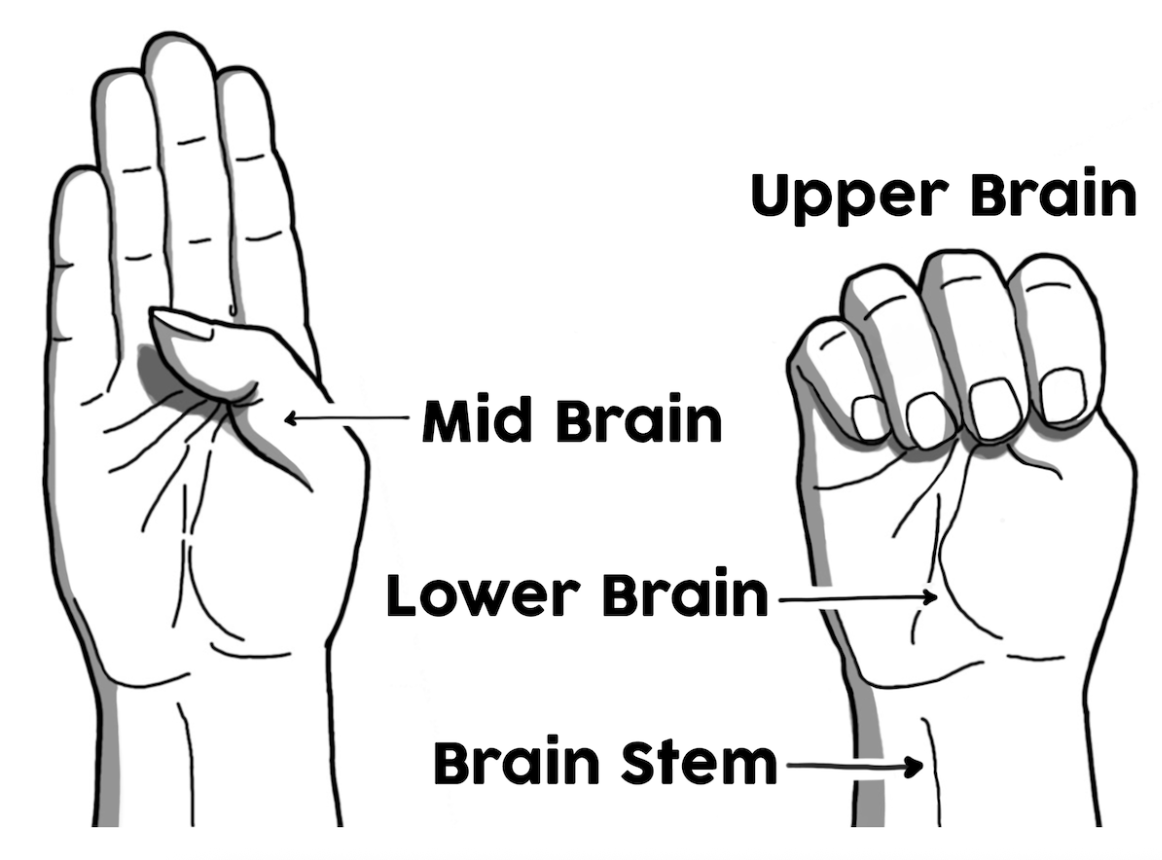This is the age span covered when we say “P–3.”
What is preschool through 3rd grade?
This competency deals with building professional capacity and and leadership development.
What is Competency 5?
This part of the brain is responsible for Motor regulation, balance, heart rate, breathing.
What is the hindbrain?
One myth about play is that children “are not doing this” when they play.
What is learning?
This type of environment includes classroom set-up, furnishings, and materials.
What is the physical environment?
This age group is part of both the preschool and the TK systems?
What are 4 year olds?
This competency asks principals to be well versed in the area of child development.
What is Competency 1?
The forebrain is generally developed by this age.
What is 25 years old?
This publication provides guidance on the knowledge skills and behaviors children typically attain from ages 3 to 5 and a half when attending a high quality early education setting.
What are the Preschool Transitionl Kindergarten Learning Foundations (PTKLF)?
In early childhood classrooms, this aspect of the learning environment includes daily routines, schedules, and transitions that help children feel secure and know what to expect.
What is the temporal environment?
According to the Heckman Curve, investing in this stage of life has the highest return.
What is Early Childhood?
This competency focuses on partnerships with families and communities.
What is Competency 2?
This model characterized by this hand gesture is used to model how the brain works.

What is the hand model of the brain?
In this type of play, the adult acts as an observer and documentor.
What is Child Self Determined Play?
Using clear expectations, verbal and visual cues, and offering positive feedback are all strategies to support this often challenging part of the daily routine.
What are transitions?
The main purpose of P–3 work is to align these two systems.
What is early childhood and K-12.
This competency encourages P-3 leaders to embrace and enact a P-3 vision.
What is Competency 3?
This is the part of the brain that is responsible for abstract thought, logic, reasoning and impulse control.
What is the forebrain?
In this type of play, the adult observes then builds upon and extends the learning?
What is Adult Child Collaborative Play?
This element of the environment focuses on student’s perceptions about how they are encouraged to interact with and relate to others.
What is the social environment?
By this grade, achievement gaps present at kindergarten entry generally remain unchanged.
What is 3rd grade?
Promoting a culture of continuous improvement is a part of this Competency?
What is Competency 6?
Children impacted by this, may have brains that are constantly scanning for danger.
What is trauma?
List one way administrators can support play-based learning.
What is knowing staff strengths, understanding research, communicating rationale, supporting assessment, or recognizing staff accomplishments?
This reflection tool helps educators create flexible and inclusive spaces for all children.
What is the UDL Checklist?